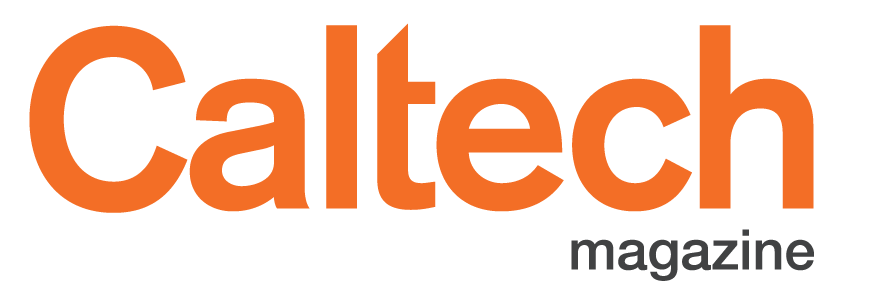#SoCaltech: Rochelle Diamond
Credit: Barbara Belmont
“You might be a bisexual or a transgender person in the closet. You might also be a woman. You might also be Hispanic. All these things add up, and all things are personal identities that they would like to be able to have a role model of, a person they could talk to. ‘How did you get to where you are?’ These are so important, especially for young people. ...
“In my view, we're all fighting the same war. It's not just racism. It's not just what we used to call homophobia. ... There's this whole thing that makes up individuality, and the fact that people need to learn how to accept people for who they are and appreciate that difference which can actually change the way we look at problems. That's important for Caltech. Diversity for looking at science and technology—every brain is different. We need them all. That's what is important about our relationships within the people who we work with, and who we travel this adventure with. Everybody matters. ...
“I think we have to be vigilant. I think no matter who we are, if we are a scientist, I think we have to use our best ethics, judgment that we can use, be fair, be just, and be inclusive, and listen to diverse voices. I think that's really where I'm coming from with this. It's not just about LGBTQ; it's about all the intersectionalities.”
Rochelle (Shelley) Diamond is the managing director of Caltech’s Flow Cytometry and Cell Sorting Facility. The quotes above are taken from an oral history Diamond recently gave as part of the Caltech Heritage Project. On Tuesday, October 11, Diamond will be the keynote speaker at Pasadena’s 7th Annual National Coming Out Day Celebration held in the Pasadena City Hall Courtyard. The program runs from 6–7:30 p.m.

